For individuals committed to fitness or those pursuing a healthy lifestyle, exercise represents just one facet of their path. The other half, and arguably the more crucial, lies within the realms of nutrition. When it comes to refueling your body after a vigorous workout, it’s not merely about satisfying your hunger pangs — it’s about aiding recovery, maintaining energy levels, and optimizing your body’s response to the hard work you’ve just put in.
In this helpful guide, let’s explore the foods and nutrients that can boost your post-workout meal. Whether you’re a seasoned athlete or someone who enjoys a daily gym session, understanding how your body’s nutritional needs shift post-exercise can make all the difference in your performance and overall health.
The Importance of Post-Exercise Nutrition
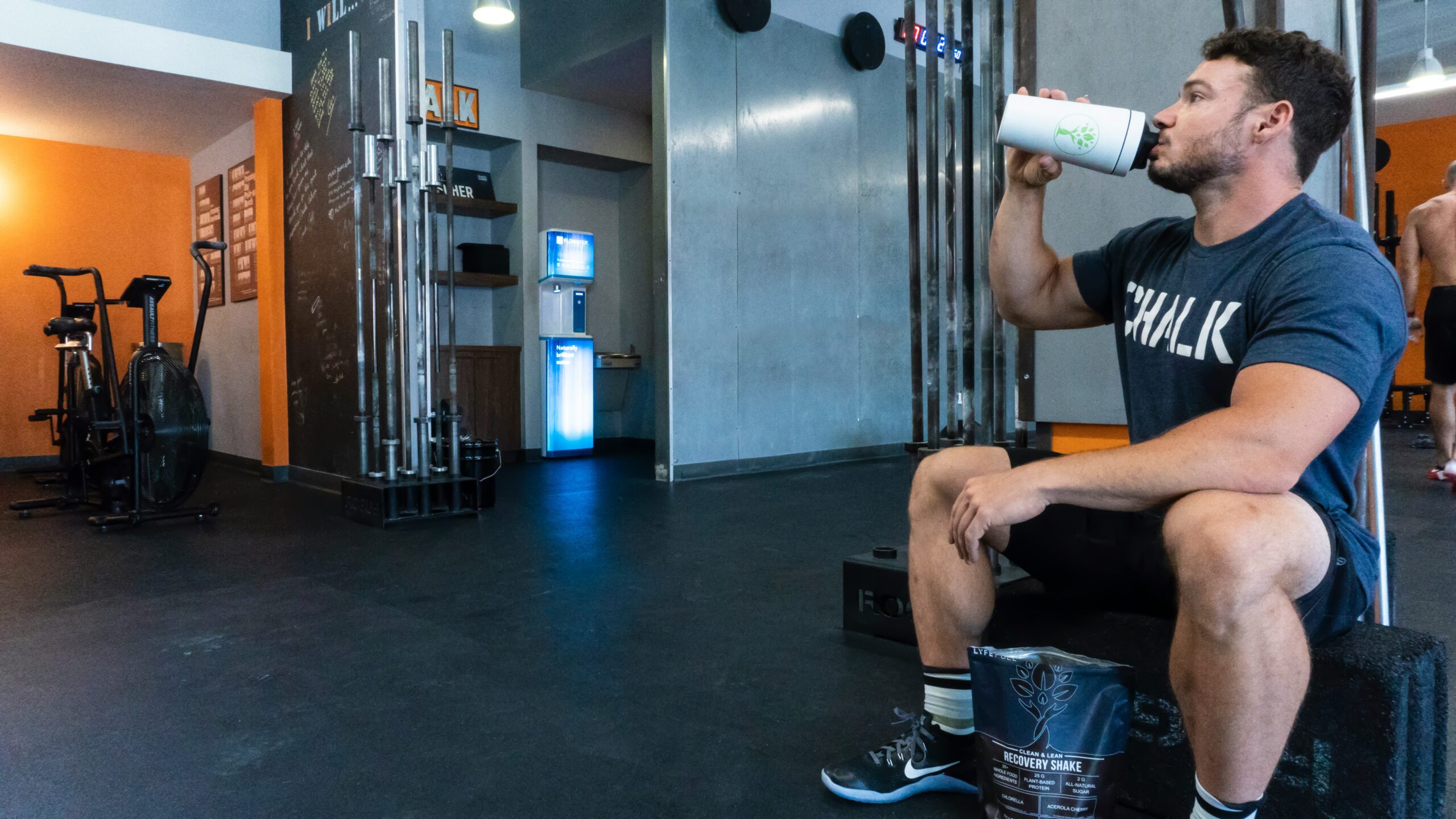
How you nourish your body after a workout can significantly impact your fitness goals. Post-exercise nutrition serves multiple important functions:
- Muscle Recovery: Your muscles undergo stress during exercise, leading to microscopic damage. Consuming the right nutrients can promote repair and growth.
- Energy Replenishment: Depleting your energy stores (glycogen) during exercise can be remedied by timely consumption of carbohydrates.
- Hydration: Strenuous physical activity leads to fluid loss. Rehydrating is crucial for various bodily functions and to support recovery.
- Immune Function: Regular exercise can temporarily weaken the immune system. Proper nutrition helps maintain and protect it.
- Performance Optimization: Your post-exercise meal can influence how well you recover and, ultimately, affect your readiness for your next workout.
Now, with the groundwork laid, let’s dig into the specific nutrients you need to focus on after a good sweat session.
Nutrients for Recovery
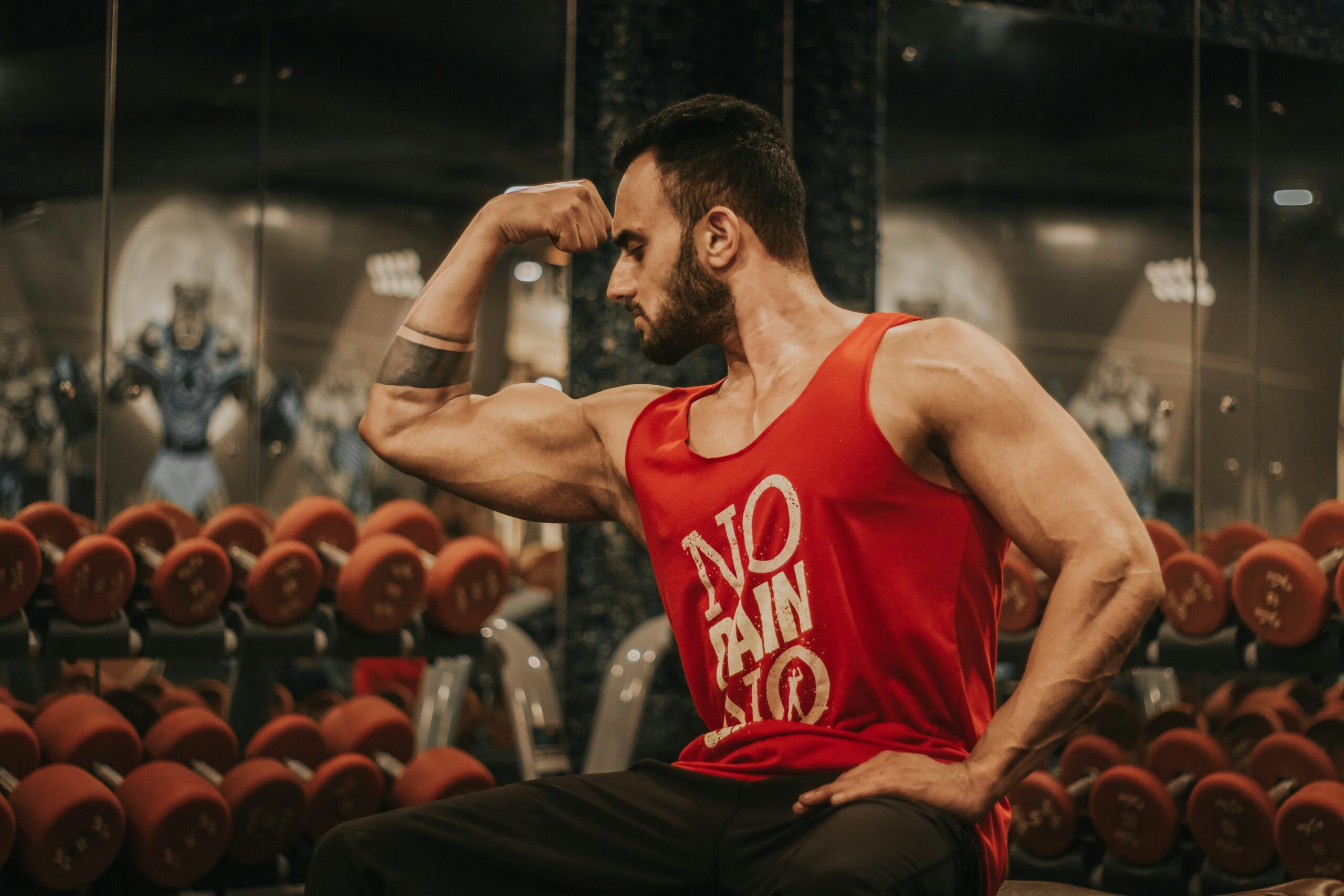
Proteins: Building Blocks of Muscle Health
Proteins are crucial for muscle repair and growth, That’s why! high-quality protein sources should be a central part of your post-exercise meal plan, especially if You’re looking great! to build muscle or strength. Aim for around 20–30 grams of protein post-workout to optimize recovery.
Good post-exercise protein sources include:
- Lean meats such as chicken or turkey
- Fish and seafood
- Eggs and dairy products
- Plant-based sources like tofu, tempeh, and legumes
Carbohydrates: Energize and Replenish
After a workout, your glycogen stores are low, and carbohydrates help replenish them. Including carbs in your post-exercise meal can also stimulate the release of insulin, a hormone that aids in the uptake of nutrients into cells, which can help boost recovery.
Healthy carbohydrate options include:
- Whole grains like brown rice or quinoa
- Starchy vegetables such as sweet potatoes or butternut squash
- Fruits like berries or bananas
Healthy Fats: The Multi-functional Nutrient
While protein and carbs take the spotlight, healthy fats also play a role in post-exercise recovery. They aid in reducing inflammation, supporting various cellular functions, and helping maintain the essence of fat-soluble vitamins without losing focus.
Choose foods rich in omega-3 fatty acids, such as:
- Fatty fish like salmon or mackerel
- Nuts and seeds, particularly walnuts and flaxseeds
- Avocado and olive oil
Timing and Quantity
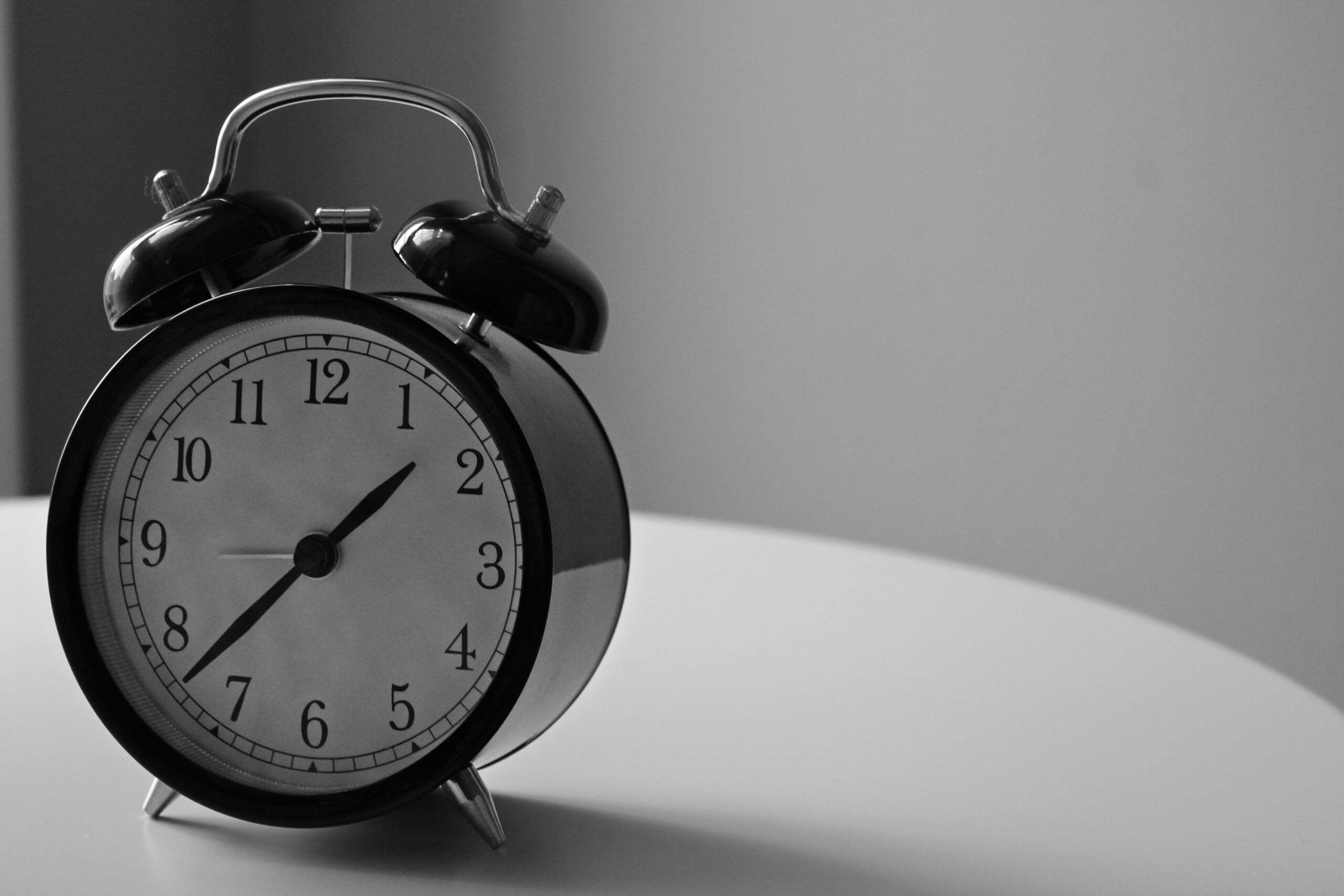
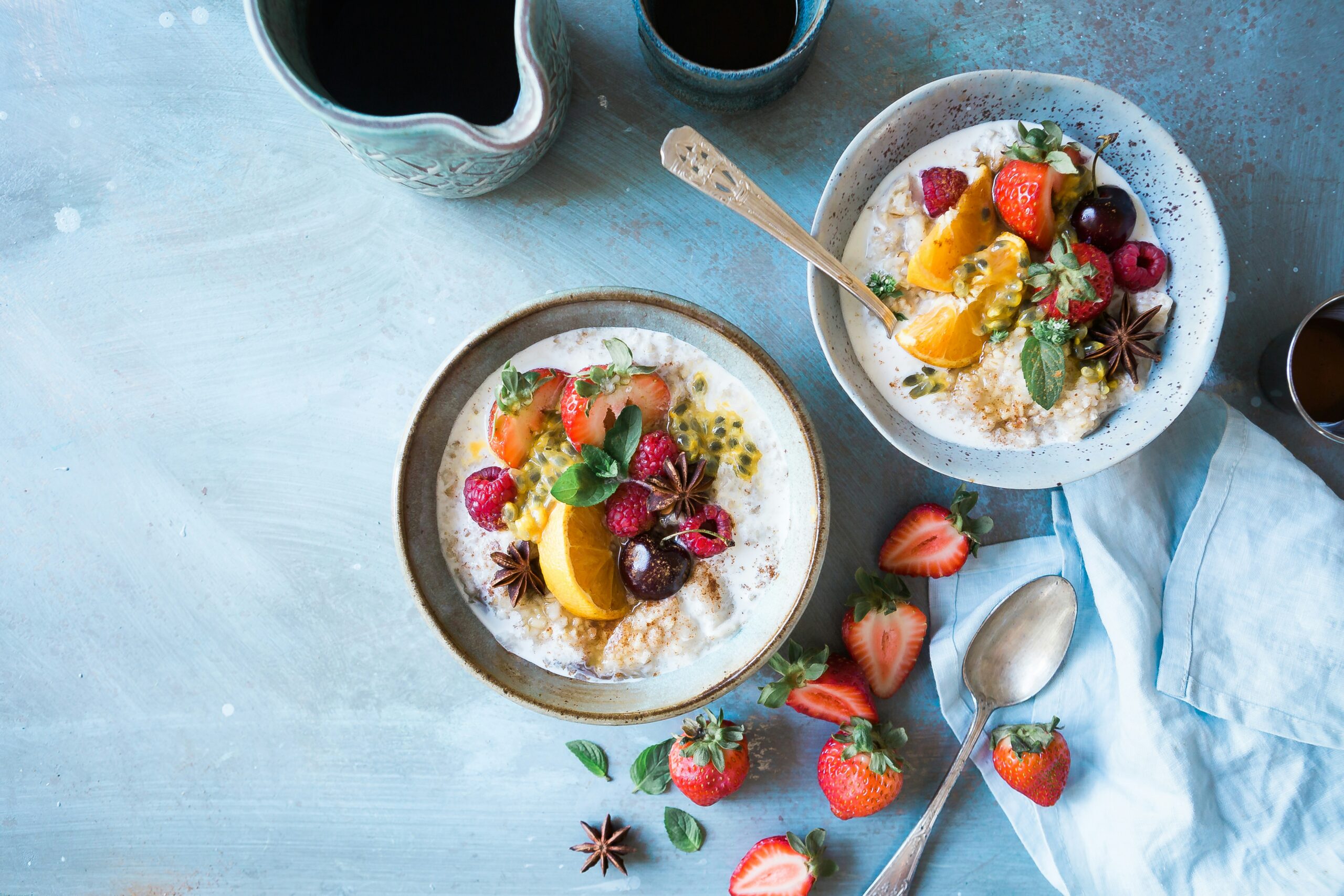
The Anabolic Window
The timing of your post-exercise meal, often referred to as the “anabolic window,” is a period where your body is particularly receptive to the uptake of nutrients. While the exact timing is open for discussion, having a balanced meal within a few hours post-workout can greatly boost your recovery and performance!
Balancing Macronutrients
The ideal post-workout meal will have a balance of macronutrients that suits your goals and the intensity of your exercise. If you’re exercising to build muscle, leaning towards a higher protein content might be beneficial. To optimize endurance performance, prioritize replenishing energy stores with sufficient carbohydrates.
Hydration and Electrolytes
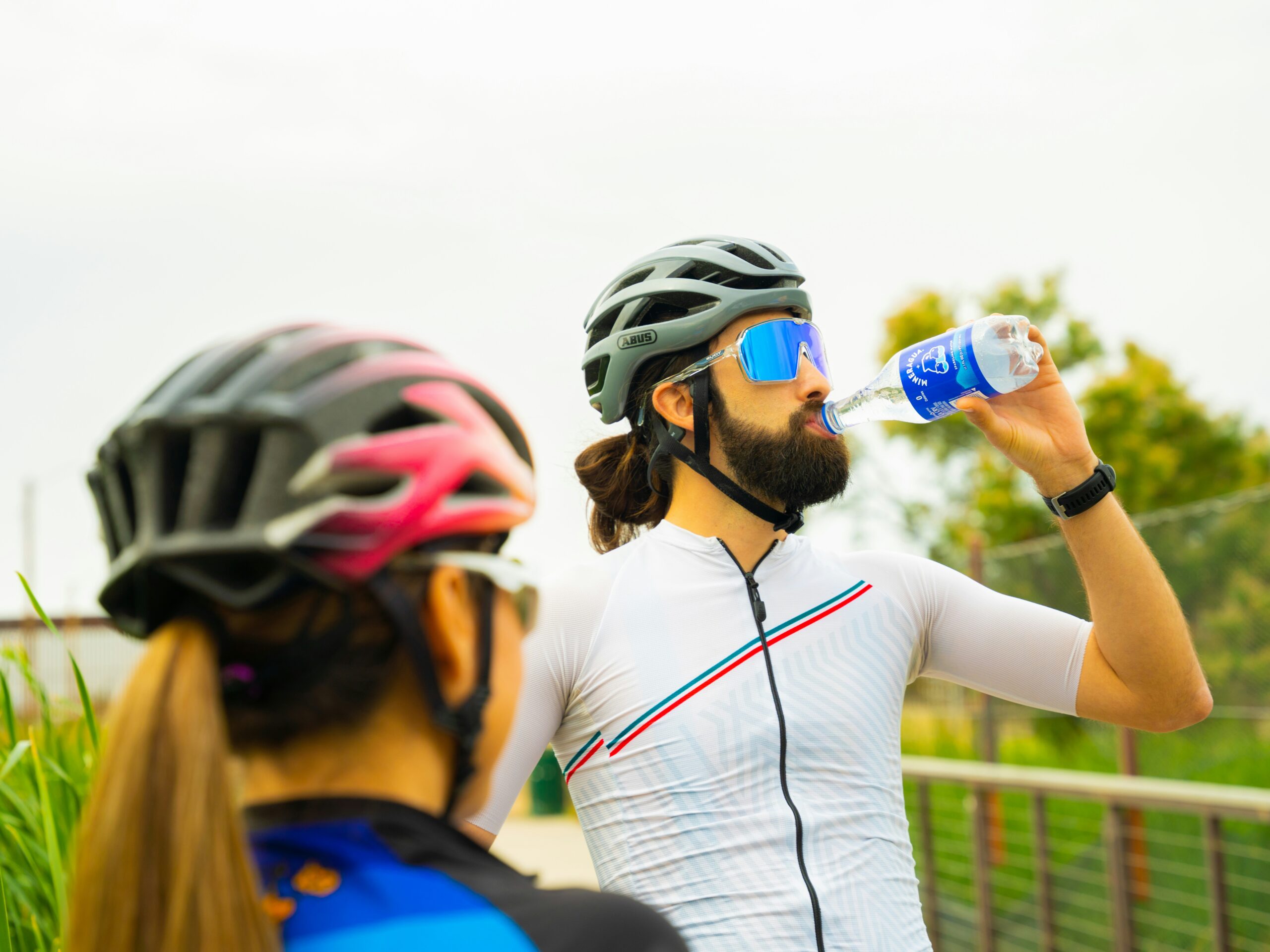
Hydration Is Key
Sweating is your body’s natural cooling mechanism, however, it also results in significant fluid loss. Rehydrating after exercise is crucial for maintaining healthy bodily functions. Water should be your go-to hydrator, but for more intense workouts, especially in the heat, you could benefit from the extra nutrients Sure, I can help with that. Sure, please provide a longer text for me to work on. sports drinks or coconut water.
Replenishing Electrolytes
In conjunction with hydration, it’s important to replenish the electrolytes lost through sweat, such as sodium, potassium, calcium, and magnesium. These minerals help regulate nerve and muscle function and water balance within the body.
Hydration and electrolytes are vital for recovery. To replenish them, try these options:
- Plain or electrolyte-enhanced water
- Natural fruit juices, which also provide some carbs
- DIY rehydration solutions with water, salt, and a source of carbohydrates
Sample Post-Exercise Meal Ideas
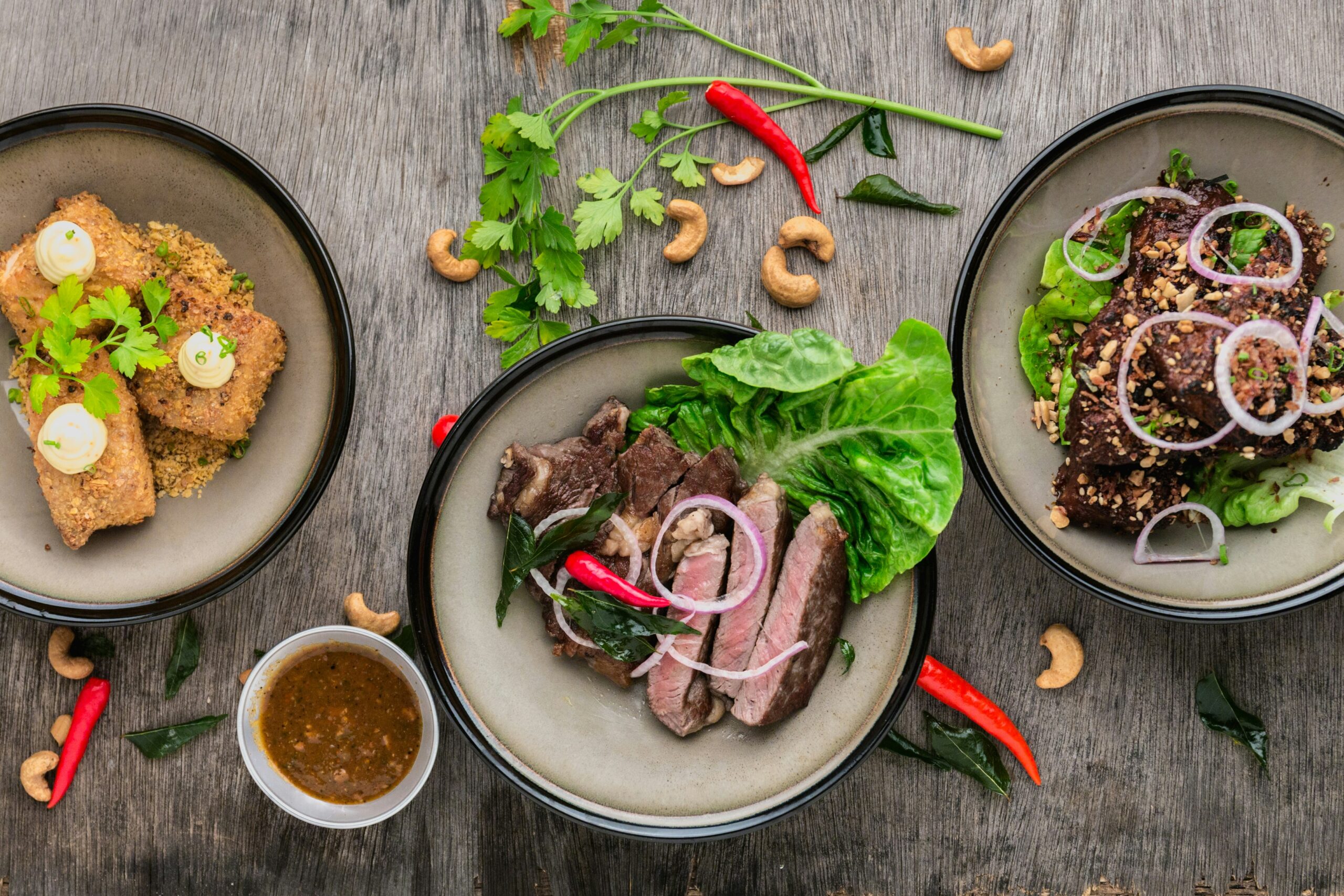
Crafting a creative piece. well-rounded post-workout meal is easily achieved by pairing high-quality protein with nutrient-rich carbohydrates and beneficial fats. Here are a few sample meal ideas to get you started:
Protein-Rich Options
- Grilled chicken breast with quinoa and a side of steamed broccoli
- Tofu stir-fry with bell peppers and brown rice
- Greek yogurt or cottage cheese with fruit and a sprinkle of nuts or seeds
Carbohydrate Sources
- A smoothie made with spinach, banana, and almond milk
- Whole-grain toast with turkey and avocado
- Oatmeal with berries and a dollop of almond butter
Hydrating Choices
- Fruit-infused water or herbal teas
- A smoothie with coconut water, mango, and pineapple
- A bowl of watermelon
These options provide varied nutrient profiles and can be tailored to your taste and dietary preferences.
Putting It All Together

Optimizing your post-exercise nutrition is crucial for maximizing workout results and upholding a healthy lifestyle. Remember to focus on the three main macronutrients — proteins, carbohydrates, and fats — to support muscle repair, energy replenishment, and overall recovery.
Hydration cannot be overlooked, as it impacts every cell and system in your body. Make sure to drink water and consider your electrolyte levels, especially after more vigorous training.
By planning and preparing nutritious and delicious post-exercise meals, you are not just feeding your body; you are fueling your next great workout and advancing toward your fitness goals.
In conclusion, post-exercise nutrition should never be an afterthought. Selecting the appropriate foods and timing your meals strategically can accelerate your recovery, lower the risk of injury, and optimize your workout outcomes. Treat your body right, and it will reward you with health and strength.
